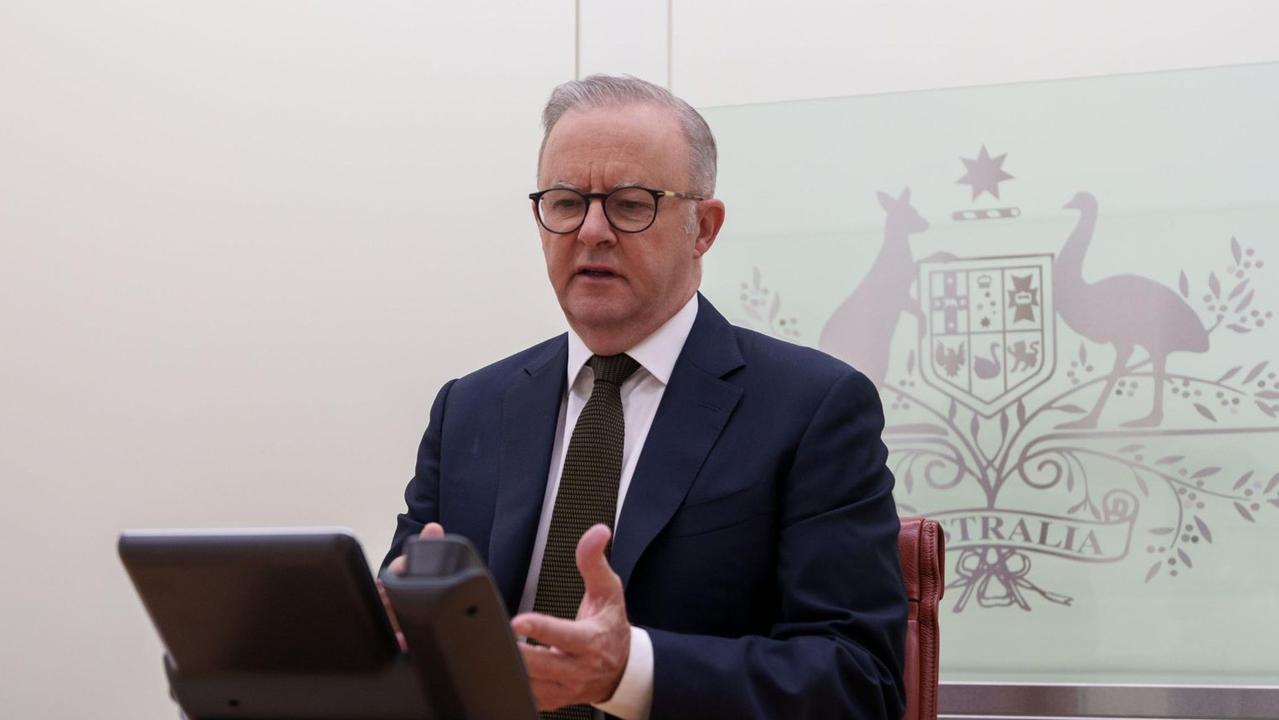Talking Point: People are tired of effects of expanding fish farming industry
It’s not a matter of “not in my backyard”, anyone who gives a damn will understand it’s actually “not on our coastline, not on our public waterways, not on our beaches”, says Peter George.
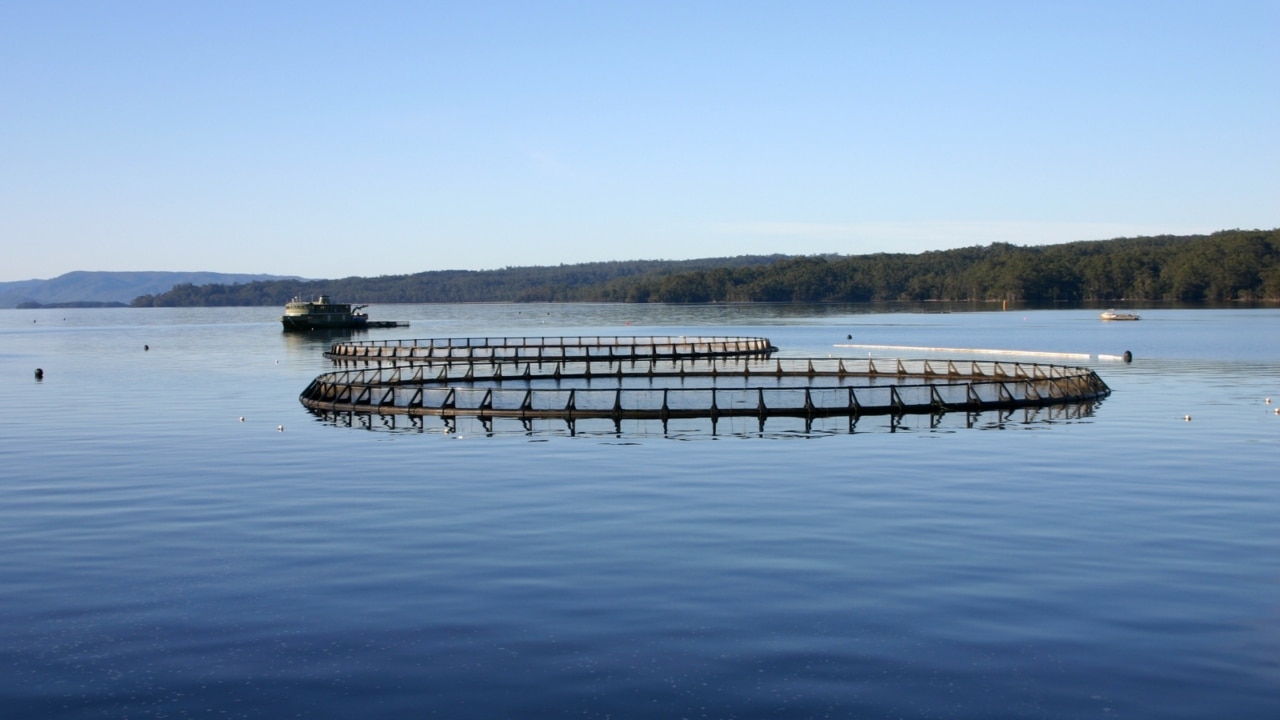
Opinion
Don't miss out on the headlines from Opinion. Followed categories will be added to My News.
ONE of the thinnest excuses any industry can make when faced with the damage and hurt it inflicts on communities and the environment is “our operations are fully compliant with regulations and licence conditions”.
It costs the company nothing and means nothing. It’s the excuse that industrial fish producers Tassal and Huon Aquaculture make when a community finally has the courage and wherewithal to stand up to them.
That’s what the tiny Killora Community Association on Bruny Island has done in calling on Tassal to turn in two totally inappropriate leases in the northern D’Entrecasteaux Channel and return the waterway to Tasmanians as marine reserves.
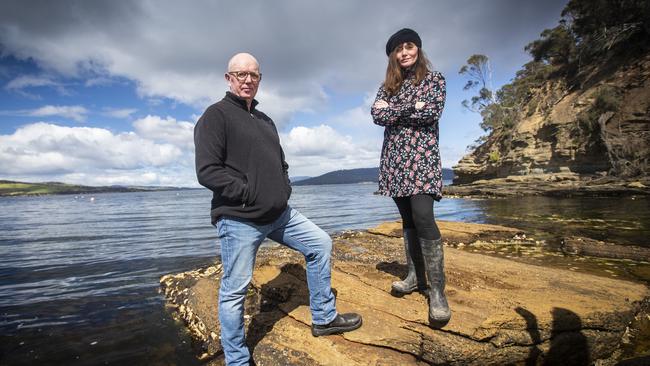
The community’s demand has resonated through communities confronted with the industrial noise, light and traffic that is an inevitable product of a voraciously expanding industry on a doorstep where it should never have been. Killora’s demand has not come out of the blue. It’s the end product of 15 years of communicating with Tassal, of bad faith and of frustration, all carefully documented.
Aquaculture in this state is regulated by provisions that are out of date, laxly enforced and fail any scientific or community test of rigour, aided and abetted by compliant political parties. The industry should take note that the groundswell of opposition is growing down on the Tasman Peninsula, up and down the Huon River, on Storm Bay, on the East Coast, in the North-West, on King Island. It’s been growing since the industry managed to turn Macquarie Harbour into a zone of destruction in 2018 from which it has yet to recover.
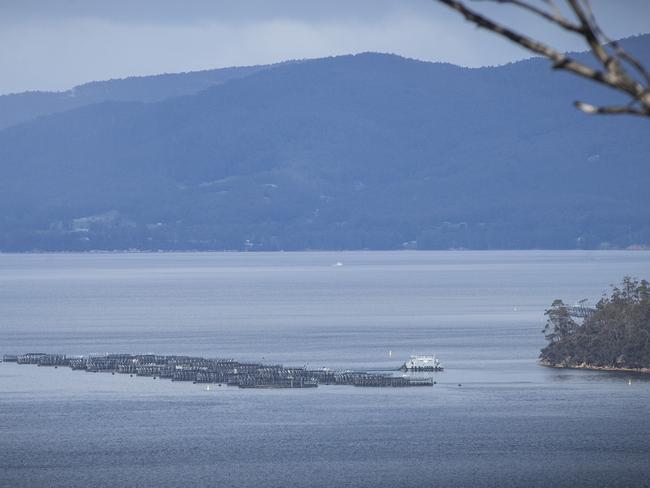
It’s not a matter of “not in my backyard” as Bass Liberal MP Michael Ferguson dismisses the issue. Anyone who gives a damn will understand it’s actually a matter of “not on our coastline, not on our public waterways, not on our beaches” because it’s an intrusive, unsustainable industry. Nor is it a zero-sum matter of producing an “unemployment scrap heap”, as Mr Ferguson chides concerned Tasmanians.
Aquaculture could flourish. Jobs could be created. Tassal, Huon Aquaculture and Petuna could continue to make profits. They could, at last, genuinely claim to be sustainable. Mr Ferguson and his colleagues could support the industry without dismissing citizens as whingers and Nimbies. This could be a cross-party win for Labor, Liberal, Greens and therefore all Tasmanians.
Here’s a simple road map supported by science, global developments and common sense:
STATE government commissions policy papers that examine future development of onshore recirculating aquaculture systems (RAS) and true deep-ocean aquaculture, the latter already under research by the Launceston-based CRC Blue Economy.
STATE government co-operates with industry, scientists and citizens in identifying potential onshore sites.
STATE and federal government develop incentives that encourage the industry to move away from coastal waters.
AQUACULTURE companies commit to a 10-year plan that guarantees all activity leaves Tasmanian coastal waters.
The road map assumes sensible action will be taken during the transition period and that involves: a moratorium on expansion of leases; fit-for-purpose regulations and licence conditions that reflect 21st century needs — regulations that are transparent, independently monitored and properly enforced; and aquaculture companies engage in genuine, monitored community relations that prove their intention to be good neighbours and good citizens.
These are not unrealistic. Multinational investment bank Rabobank, a leader in the food and sustainability sector, this month identified 50 land-based aquaculture projects on most continents, an exception being Australia.
Tasmania’s industrial fish farms produce about 60,000 tonnes of fish annually. In 2019 alone, publicly announced RAS projects around the world project 700,000 tonnes, though current land-based systems are nowhere near that yet.
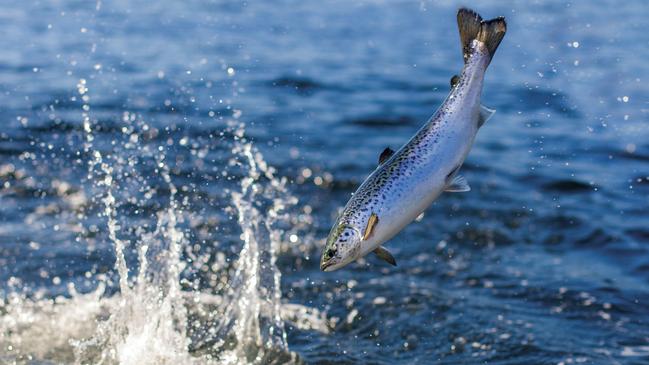
As Rabobank points out, sea-based salmon farming carries all sorts of biosecurity and sanitary risks while RAS can greatly reduce the risk of disease and, importantly in Tasmanian terms, algal blooms that increasingly infest our foreshores.
Tasmania has know-how, hi-tech ability, access to renewable energy, cool water and a guaranteed market for sustainably produced farmed salmon. It’s no secret the industry already privately recognises what Rabobank concludes: “If the risks within RAS operations are managed effectively, RAS could be a disruptive aquaculture technology in the next 10 years – not only in terms of adding volumes to salmon production, but also by potentially disrupting trade flows, supply chains, and the marketing of salmon.” The direction ahead is clear.
As Tasmanians, we are proud of our beaches. We’re enthusiastic water users. We have a coastline that is breathtaking. And our water is virtually pristine — in areas where there are no fish pens.
If we don’t follow the sensible, scientific, 21st century approach to aquaculture, the Tasmanian industry will inevitably collapse, taking with it the jobs that the companies and Mr Ferguson claim to be protecting.
Peter George is co-chair of the Tasmanian Alliance for Marine Protection (TAMP). He is a former ABC Middle East correspondent.

